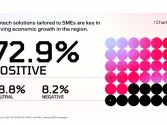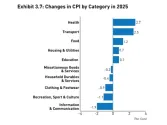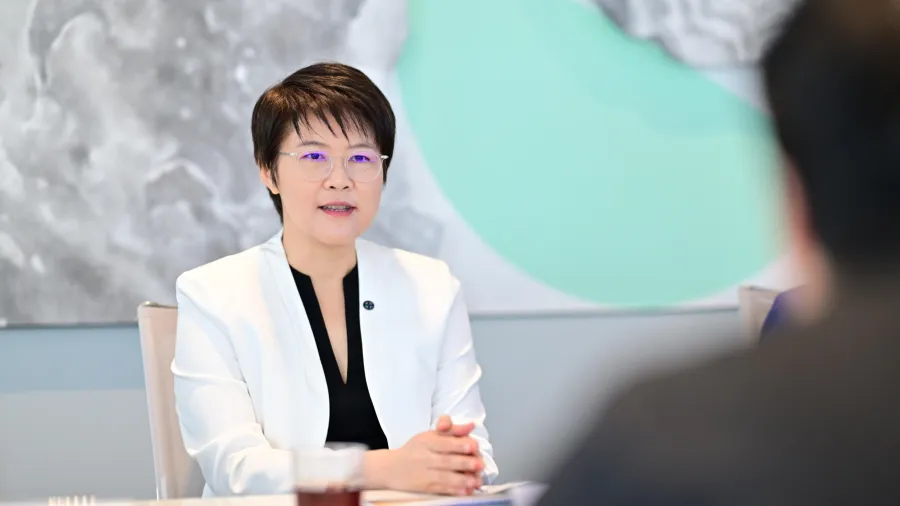
HMI Medical rebranding marks shift to integrated care
Through M&As, the group is building a ‘house of brands’ for each medical area.
Singapore-headquartered HMI Medical is building an integrated healthcare network centred on people, digital innovation, and holistic wellness as part of a strategy that also involves mergers and acquisitions (M&A) to drive growth.
The rebranding of the private healthcare company, which used to be called HMI Group, is part of a broader effort to unify all its services under one identity amidst rapidly evolving patient demands, CEO Wei Jia Chin told Healthcare Asia.
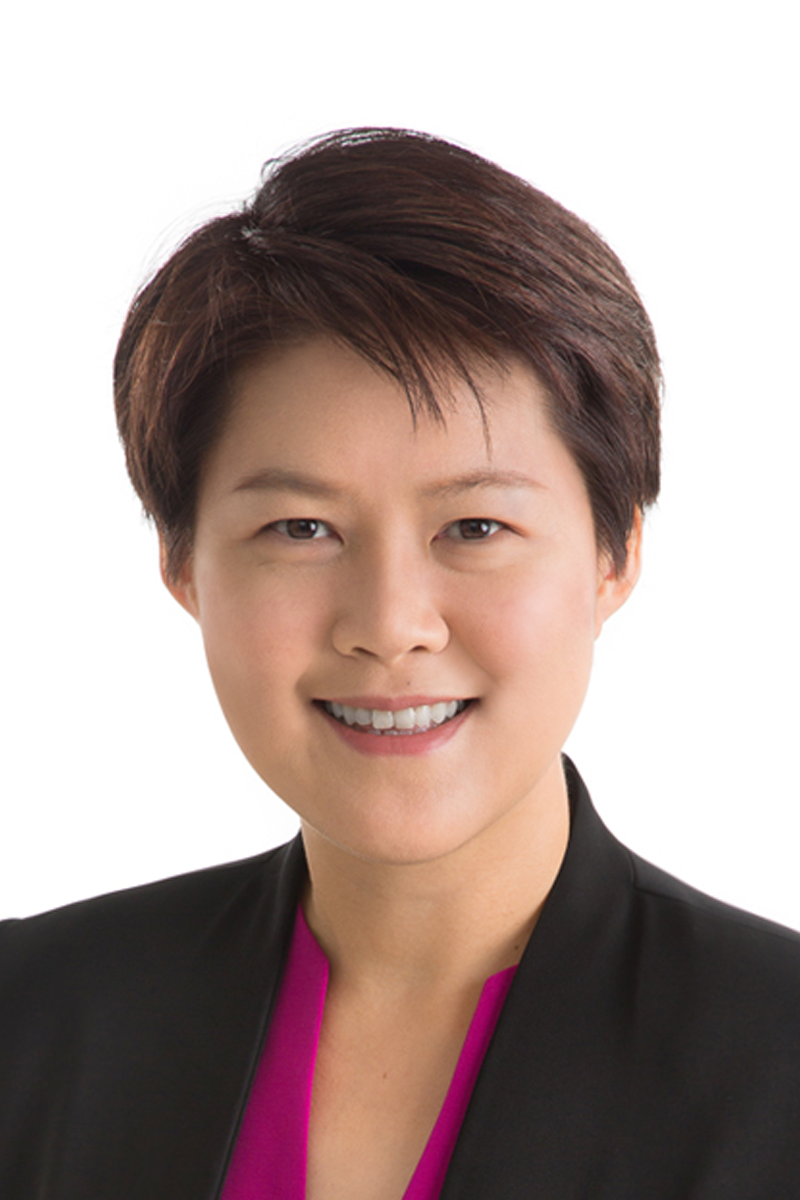
She said they have also renamed some of their frontline-facing brands to remain cohesive. “Our GP clinics are now known as HMI One Care Clinics, whilst our specialist centre has also been rebranded as HMI Medical Centre.”
Wei said M&As have allowed the company to improve its technological capabilities. “Last year’s acquisition of MHC, a medical benefits and technology platform in Singapore, has allowed us to embark on a digitalisation journey.”
HMI Medical, which also operates in Malaysia and Indonesia in November last year said it had bought a majority stake in Harley Street Heart & Vascular Centre, without disclosing financial details.
Its most recent acquisition was a majority stake in Advanced Urology Associates, Singapore’s biggest private urology specialist group.
Swedish private equity firm EQT took HMI Medical private and delisted it from the Singapore stock exchange in 2019 for $463m (S$611m).
HMI Medical, which has been in business for 25 years, is also developing a “house of brands,” where each facility specialises in a particular medical area. For example, Eagle Eye Centre covers all aspects of eye care.
Wei said the group is expanding its footprint with a new ambulatory care centre in Johor, which offers outpatient and diagnostic services in a non-hospital setting.
“As part of our rebranding, HMI now covers a spectrum of services, whilst our specialised brands offer in-depth expertise in key areas," she said.
The healthcare provider is also pushing digitalisation with the launch of HMI One, a mobile app that lets patients book appointments and access their medical information.
Wei said the app’s concept revolves around “seamless healthcare” by enhancing connectivity and convenience, “whether it’s for a teleconsultation, a GP (general practitioner) visit, a specialist appointment, or even surgery.”
‘Knowledge is power’
The CEO said the shift is crucial to their rebranded identity. “We believe the future of healthcare is personalised and technology-driven.”
“We’ve invested in digitalisation, both in patient-facing tools and back-end systems,” Wei said. These include electronic medical records and tech infrastructure to ensure a seamless and protected experience.
HMI Medical has also partnered with Siemens Healthineers so it could leverage the latest diagnostic solutions, Wei said. “We are also working together to further develop our centres of excellence in areas such as oncology and neuroscience.”
The group will soon launch “smart wards” in hospitals, allowing nurses to use “decision-support” tools so they can focus more on patient care rather than administrative duties.
Half of Singaporeans seek medical help only after experiencing symptoms, Wei said, citing their survey released in August.
Wei said they are pushing proactive health management in line with the Singapore government’s Healthier SG initiative, which focuses on preventive health.
“Knowledge is power,” she said. “We run a community health outreach programme called Care Buddy, where we partner with healthcare organisations and voluntary care sectors to reach a broader audience.”
“The HMI Institute also conducts training programmes, trains volunteers, and provides resources to promote action,” she added.
MHC, the group’s corporate health arm, conducts on-site screening, vaccinations, and talks at workplaces to encourage people to prioritise their health. “By sharing information and resources, we aim to encourage individuals to take that important first step towards better health.”
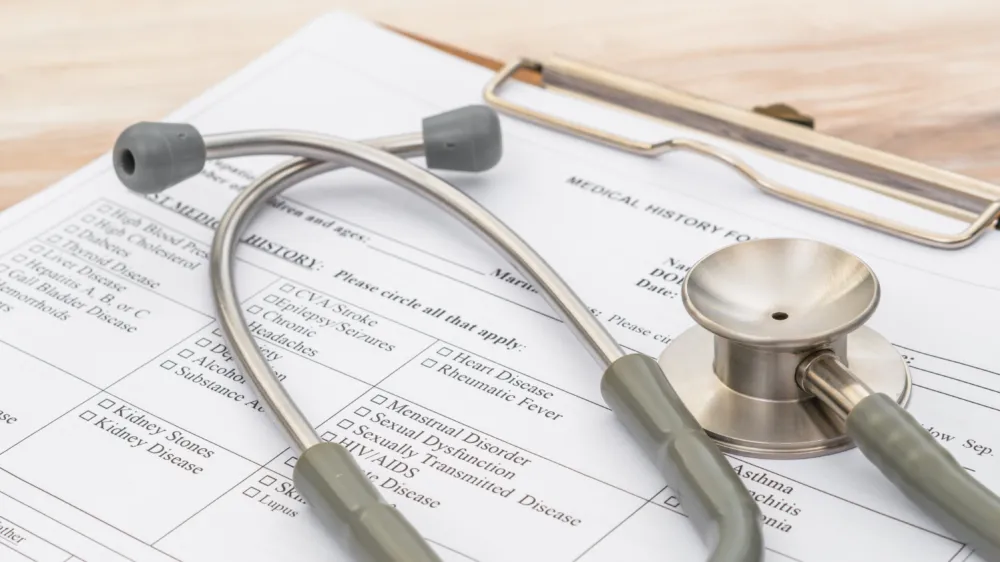
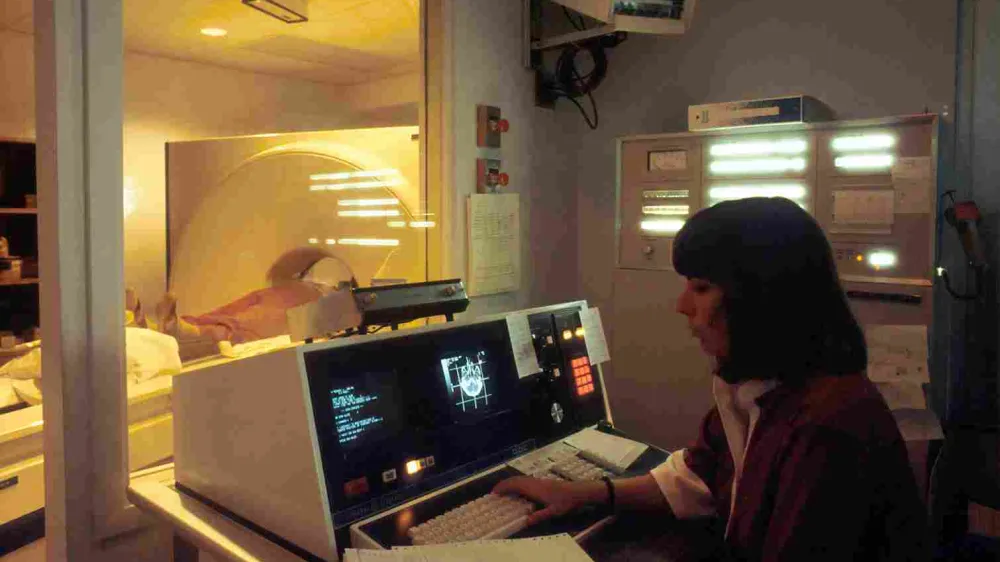


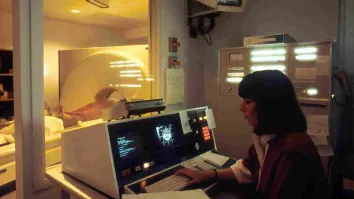














 Advertise
Advertise
